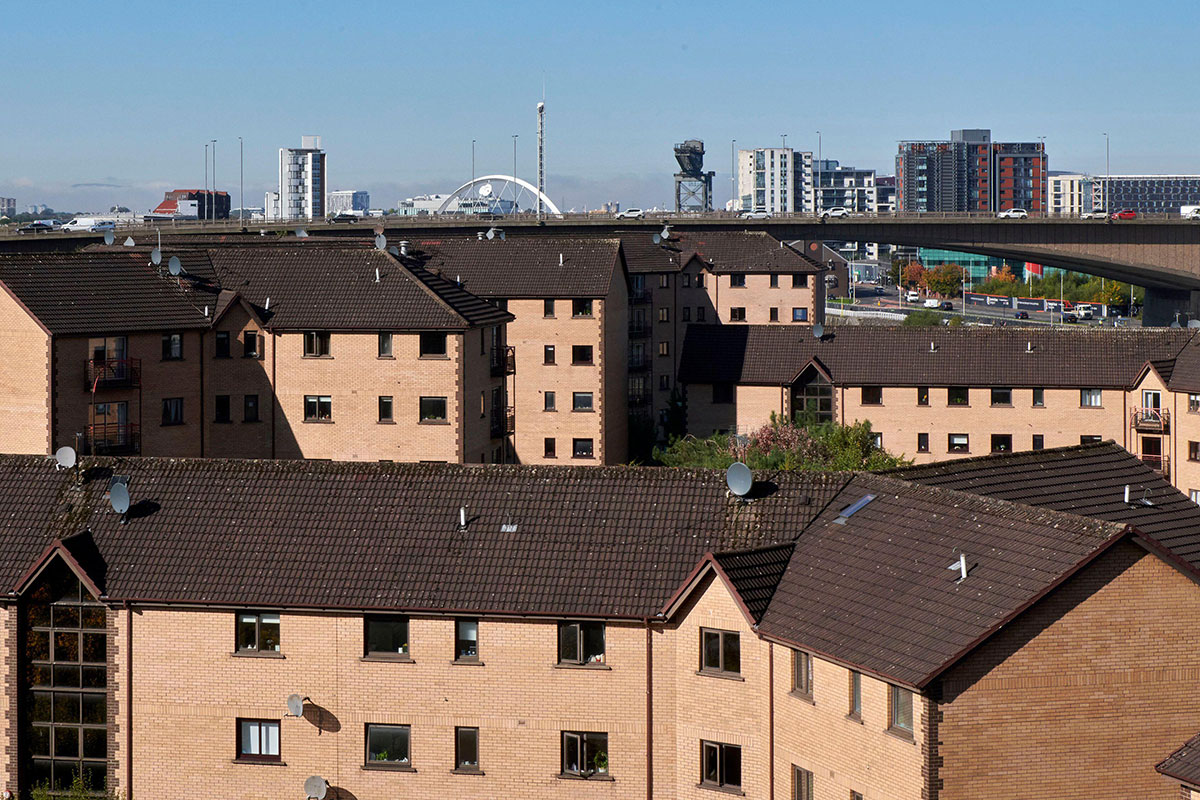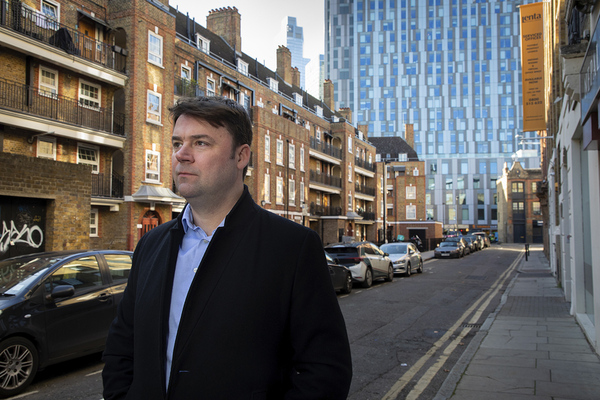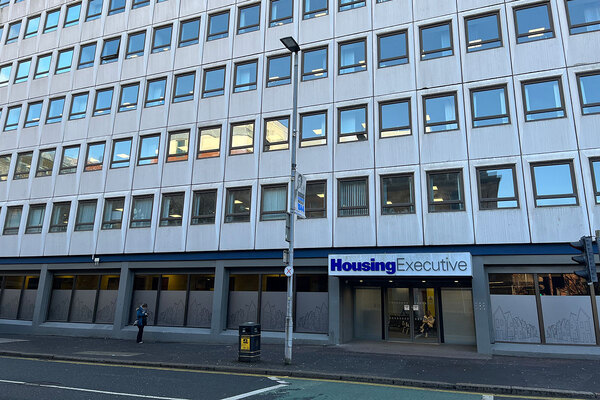You are viewing 1 of your 1 free articles
Crisis urges action after ‘repeatedly missed’ chances to end homelessness in Scotland
Crisis has called on the Scottish government to act after a new report warned that missed opportunities to stop people becoming homeless is leading to a “massive” cost for individuals and councils.
The charity has made four recommendations to Scotland’s devolved administration as the report found that opportunities to stop people losing their home are being “repeatedly missed” by agencies.
Among Crisis’ pleas is for “greater clarity” around the responsibilities of housing, and non-housing staff, to identify “housing instability and provide the necessary support”.
The problem of homelessness in Scotland is increasing as official figures published in February revealed that the number of open cases had risen to a record high of 30,129.
At the same time, there were claims that councils are breaking the law on an “industrial scale” by failing to meet their legal duties on homelessness.
Crisis’ new report, titled A window of opportunity, is based on interviews with 15 people who lost their home.
Before they were made homeless, the individuals had been in contact with at least 80 different services combined, the report found. This included councils and domestic abuse and health services.
Writing in the report, Matt Downie, chief executive of Crisis, said it represented 80 separate moments when a “red flag” was “ignored”.
He added: “The cost of these missed opportunities to prevent homelessness is massive. For individuals, it means suffering and stress that could have been avoided.
“For local authorities, it means ever-growing demand – demand which is pushing councils across Scotland beyond the point where they can cope.”
Mr Downie also pointed to the impact on public services, such as the health and criminal justice systems.
The Scottish government is introducing new laws, through the Housing (Scotland) Bill, which will place an ‘ask and act’ duty on social landlords and public bodies, such as health boards and the police, to ask about a person’s housing situation and act to avoid them becoming homeless “wherever possible”.
However, Mr Downie called for “more detail on how these laws will work in practice”.
He said: “Widening responsibility for homelessness prevention will take pressure off public services, but as the changes are embedded, they will require staff operating outside of housing-related roles to take on new responsibilities – and it is vital they understand them.”
Crisis’ new report also called for a “national communications strategy” to educate the public over the “triggers” for housing instability. This should include information on “how, where and when to get help locally and nationally”, the charity said.
The Scottish government should also produce a set of resources “for all persons to assess their own risk of home loss”, the report recommended.
Crisis also called for better “collaboration” between public bodies to allow data to be shared quickly between “relevant partners”.
In response Paul McLennan, Scotland’s housing minister, said: “We welcome the report published by Crisis, and will consider the recommendations set out in it as we continue to do all we can to progress the development and delivery of the homelessness prevention duties, within the context of significant financial pressures.”
Mr McLennan, who took on the housing brief under former first minister Humza Yousaf last year, also pointed to the hoped-for impact of Scotland’s new laws.
“Through the Housing Scotland Bill we will place a stronger emphasis on prevention of homelessness, based on the principles of shared public responsibility, earlier intervention and providing more choice and control by helping people to avoid crisis,” he added.
“Better co-ordination across systems, including relevant bodies working together to provide support earlier, will help people avoid the crisis of homelessness and the longer-term harms associated with it.”
Sign up for our Scotland newsletter
Already have an account? Click here to manage your newsletters












